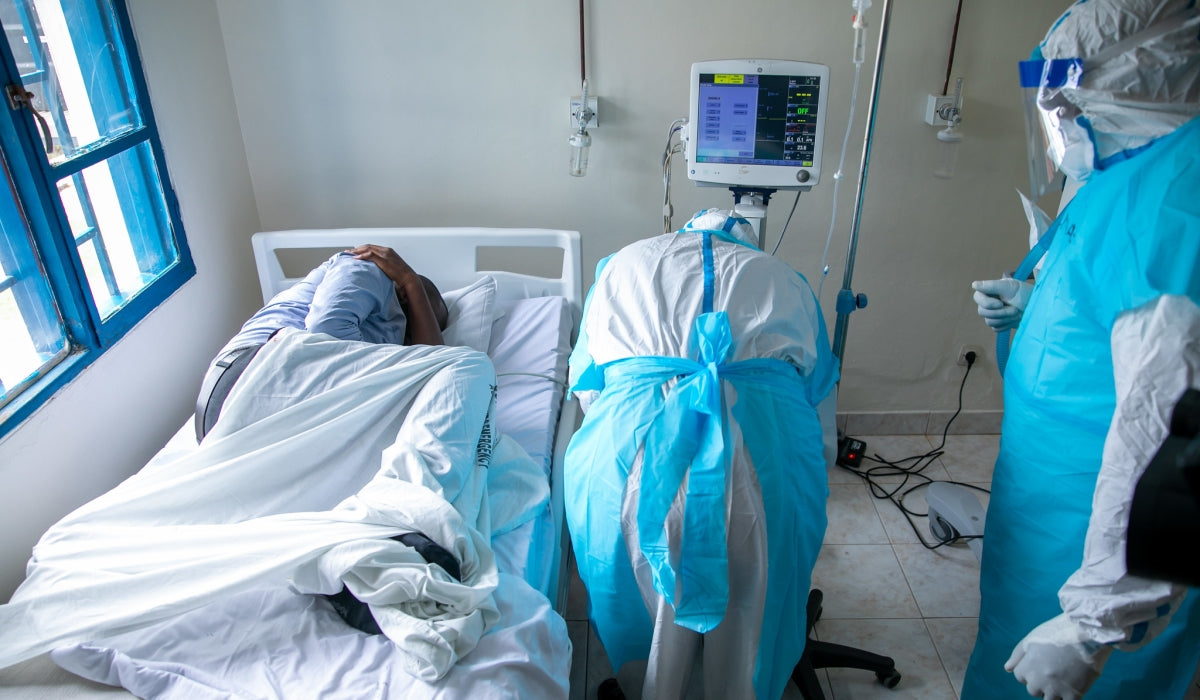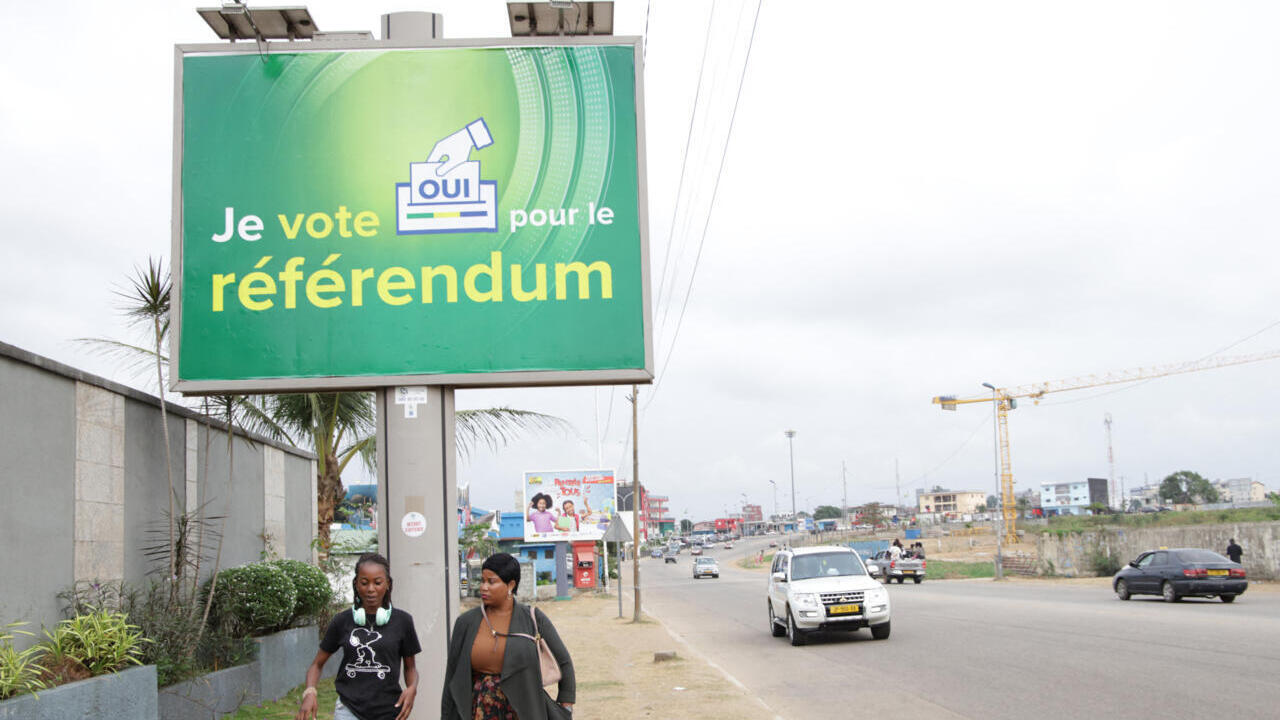
US warns against travel to Rwanda over Marburg virus outbreak
Marburg, a virus feared in Africa, recently spread to Rwanda, causing a series of health alerts and a shockwave that continues to grow. The American authorities, via the State Department, quickly reacted by issuing a level 3 advisory on the country, strongly recommending that its citizens avoid non-essential travel. This warning is only one notch below the maximum level, reserved for areas of severe conflict or uncontrollable pandemics.
Why this emergency? Since the official declaration of the epidemic, 41 confirmed cases have been recorded, and the number of victims continues to rise, reaching a dozen deaths. Among them, several were frontline health professionals, proof of the danger of this virus transmitted by fruit bats.
Symptoms, similar to those of Ebola, include high fever, muscle pain and severe bleeding. However, unlike Ebola, no vaccine or specific antiviral treatment has yet been approved for Marburg. Faced with this reality, Rwandan authorities have opted for an experimental vaccination campaign, but the results are still awaited.
Reinforced measures
In the face of this crisis, Rwanda has taken drastic measures to contain the spread. International travelers are now subject to rigorous screenings that include temperature checks and health questionnaires. Sanitization stations have sprung up at airports and other entry points, but will this be enough to allay fears?
In addition, self-monitoring is required for everyone traveling to or from Rwanda. If you have symptoms, immediate quarantine is required, a precaution that could well save lives in the coming months.
A virus with a heavy historical price
Marburg is not unknown in Africa. In 2023, the World Health Organization had already declared the end of an epidemic in Equatorial Guinea. Filoviruses, of which Marburg is one, have a dark history on the continent, and each new outbreak brings back painful memories of previous health crises.
While the situation remains uncertain in Rwanda, the urgency is great: to contain the epidemic before it crosses the borders. Neighboring countries such as Burundi and the Democratic Republic of Congo are also monitoring the situation closely, fearing a spread.



Leave a comment
This site is protected by hCaptcha and the hCaptcha Privacy Policy and Terms of Service apply.